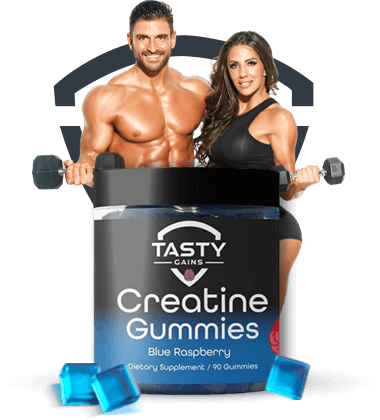Creatine is one of the most popular dietary supplements used by athletes, bodybuilders, and fitness enthusiasts. Known for its potential to enhance muscle mass and improve exercise performance, various sports nutrition organizations have widely studied and endorsed creatine. However, like any supplement, creatine has its pros and cons. This article will explore the benefits and potential drawbacks of creatine supplementation, providing a balanced perspective for those considering adding it to their fitness regimen.
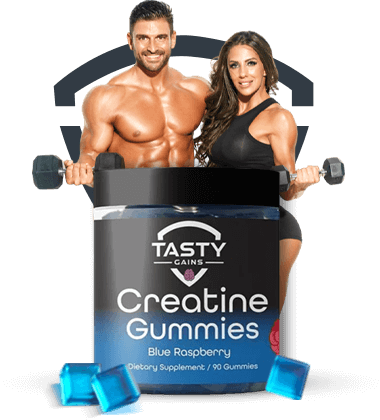
Understanding Creatine: What Is It?
Creatine is a naturally occurring compound found in muscle cells, where it helps produce energy during high-intensity exercise. The body produces creatine from amino acids, specifically arginine, glycine, and methionine. Creatine is also obtained from dietary sources such as red meat and fish.

The Pros of Creatine Supplementation
1. Enhanced Muscle Mass
One of the most significant benefits of creatine supplementation is its ability to increase muscle mass. Creatine draws water into muscle cells, leading to cellular swelling that signals the body to grow muscle. This effect, combined with resistance training, can result in significant increases in lean muscle mass over time.
2. Improved Exercise Performance
Creatine supplementation is known to improve physical performance, particularly during short-duration, high-intensity exercises like weight lifting and sprinting. By increasing the levels of creatine phosphate in muscles, creatine enhances the production of adenosine triphosphate (ATP), which helps muscles perform better during intense activities, leading to greater strength gains and power output.

3. Faster Muscle Recovery
Taking creatine supplements can help reduce muscle cramping and soreness after intense workouts, promoting faster muscle recovery. This benefit is especially valuable for athletes and fitness enthusiasts who engage in frequent training sessions and need to recover quickly.
4. Enhanced Athletic Performance
Creatine is widely recognized for its ability to enhance athletic performance, particularly in sports that require explosive power and strength. Studies have shown that athletes who take creatine experience a significant increase in their ability to perform high-intensity exercises, making it a popular choice among professional athletes. The International Society of Sports Nutrition Position Stand supports these claims, highlighting how creatine monohydrate supplementation can increase ATP availability, delay fatigue, and improve overall exercise capacity.
5. Brain Health and Cognitive Function
Recent research has highlighted the potential brain health benefits of creatine supplementation. Creatine helps support brain function by improving energy production in brain cells. This can lead to better cognitive performance, especially in tasks that require quick thinking and mental endurance.
6. Supports Aging Muscle
As people age, they naturally lose muscle mass, which can impact overall health and mobility. Creatine supplementation has been shown to help maintain muscle mass and strength in older adults, making it a valuable tool for healthy aging.
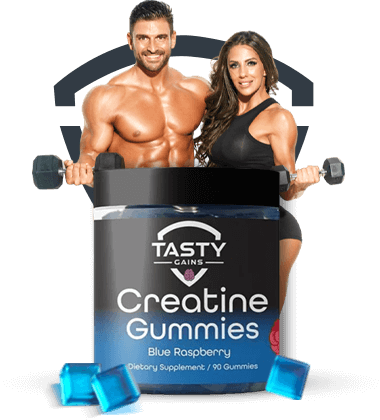
7. Bone Health
Some studies suggest that creatine may have positive effects on bone health. By enhancing muscle strength and performance, creatine indirectly supports bone density and may help prevent fractures, particularly in older individuals engaged in resistance training.
8. Versatility Across Sports
Creatine's benefits are not limited to just one type of exercise or sport. It has been shown to improve performance in a wide range of activities, from endurance sports to strength training. This versatility makes creatine a useful supplement for athletes across various disciplines.
The Cons of Creatine Supplementation
1. Potential Weight Gain
One of the most common side effects of creatine supplementation is weight gain. This is primarily due to water retention in the muscles, which can add a few pounds of body weight. While this benefits those looking to increase muscle mass, it may be undesirable for athletes in weight-sensitive sports.
2. Digestive Issues
Some individuals may experience digestive issues, such as bloating, diarrhea, or stomach cramps when taking creatine supplements. These side effects are usually mild and can often be managed by adjusting the dosage or taking creatine with food.
3. Muscle Cramping and Tightness
Although creatine is generally associated with improved muscle function, some users report experiencing muscle cramping and tightness. This can be exacerbated by dehydration, so it's essential to stay well-hydrated while taking creatine.

4. Kidney Function Concerns
There has been concern that creatine supplementation could affect kidney function, particularly in individuals with pre-existing kidney disease. While most studies have shown that creatine is safe for healthy individuals, those with kidney issues should consult a healthcare provider before using creatine.
5. Potential for Muscle Injuries
There is some evidence to suggest that taking creatine supplements may increase the risk of muscle injuries, such as strains or sprains. This could be due to increased muscle load during high-intensity exercise or improper use of the supplement.
6. Water Retention and Bloating
Creatine's ability to draw water into muscle cells can lead to water retention and bloating, which some users find uncomfortable. This effect is more pronounced during the initial phase of creatine loading, where higher doses are taken to saturate the muscles.
7. Lack of Long-Term Research
While creatine is one of the most studied supplements, there is still a need for more long-term research to fully understand its effects, particularly concerning potential side effects and its impact on health conditions like liver disease and heart health.
8. Impact on Skin Aging
Some early research suggests that creatine may affect skin aging, either positively by reducing signs of aging or negatively by causing skin tightness. However, more research is needed to draw definitive conclusions in this area.
Creatine Monohydrate: The Most Common Form
Among the various forms of creatine supplements available, creatine monohydrate is the most commonly used and studied. It has been shown to be effective in increasing muscle mass, improving exercise performance, and supporting overall health. Despite potential drawbacks, creatine monohydrate remains popular due to its proven efficacy and safety profile.
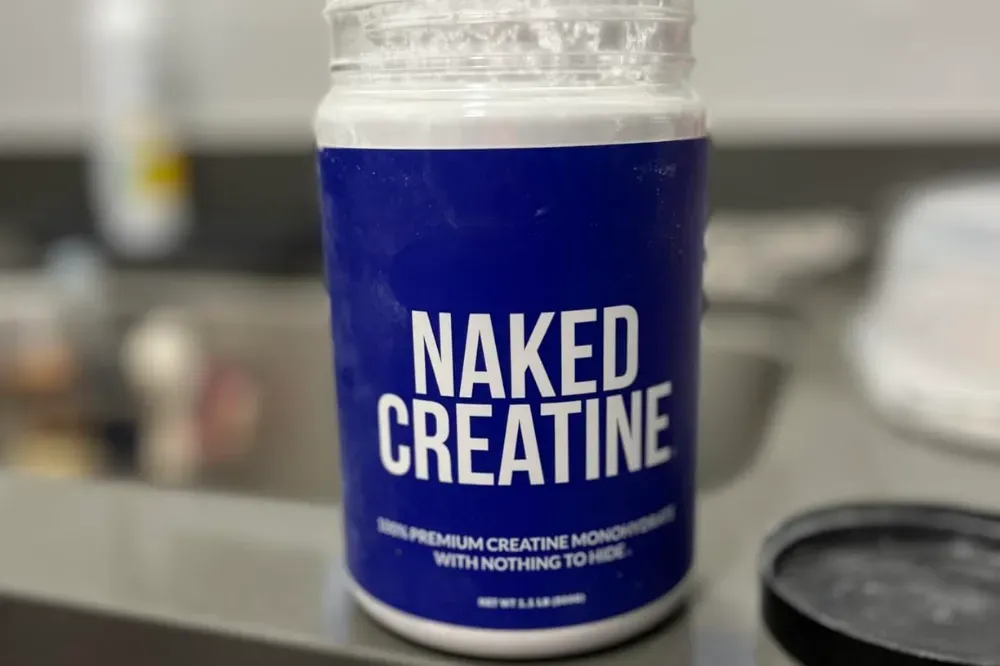
Cycling Creatine: A Good Idea?
Some athletes and fitness enthusiasts choose to cycle creatine, meaning they take it for a period and then take a break before starting again. This approach is thought to help maintain natural creatine levels in the body and reduce the potential for side effects. However, scientific evidence on the benefits of cycling creatine is mixed.
How Much Creatine Should You Take?
The recommended dosage of creatine varies depending on individual goals and body weight. A common approach is to start with a loading phase, where a higher dose (usually 20 grams per day) is taken for 5-7 days, followed by a maintenance dose of 3-5 grams per day. It's important to consult with a healthcare professional to determine the right dosage for your needs.
Creatine and Women's Health
Creatine is not just for men; it can also benefit women, particularly in terms of improving strength, muscle mass, and exercise performance. However, women should be aware of the potential for weight gain due to water retention and adjust their dosage accordingly.
Creatine and Professional Athletes
Professional athletes across various sports widely use creatine. The International Olympic Committee and the National Collegiate Athletic Association allow the use of creatine, reflecting its acceptance as a safe and effective supplement. However, athletes should ensure they use creatine responsibly and in accordance with their sport's regulations.
The Role of Creatine in Energy Production
Creatine plays a vital role in energy production by replenishing ATP, the body's primary energy currency. This process is particularly important during high-intensity exercise, where quick energy is needed to sustain performance.
Potential Adverse Effects of Creatine
While creatine is generally safe for most people, there are some potential adverse effects to be aware of, including digestive issues, muscle cramping, and the impact on kidney function. It's important to monitor how your body responds to creatine and adjust your intake as needed.
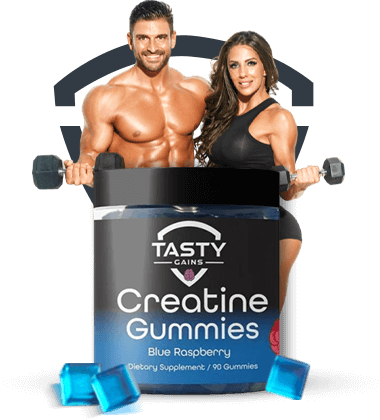
Creatine and Bone Health
As mentioned earlier, creatine may have positive effects on bone health by supporting muscle strength and reducing the risk of fractures. However, more research is needed to fully understand this relationship and how creatine can be used to support bone health.
Creatine and Mental Health
Creatine's potential benefits extend beyond physical performance to include mental health. Some studies suggest that creatine may help improve cognitive function, reduce symptoms of depression, and support overall brain health. However, these benefits are still being researched, and more evidence is needed to confirm these effects.
Creatine for Young Adults
Creatine supplementation can be beneficial for young adults, particularly those involved in sports or strength training. It can help build muscle, improve performance, and support recovery. However, young athletes should consult with a healthcare provider before starting creatine to ensure it's appropriate for their needs.

Is Creatine Safe for Long-Term Use?
The safety of long-term creatine use is a topic of ongoing research. While short-term use has been shown to be safe, more studies still need to determine the long-term effects of creatine supplementation, particularly concerning kidney and liver health.
Conclusion: Weighing the Pros and Cons of Creatine
Creatine offers several benefits, including increased muscle mass, improved exercise performance, and enhanced brain health. However, it's not without its drawbacks, such as potential weight gain, digestive issues, and concerns about kidney function. For those considering creatine supplementation, it's important to weigh these pros and cons and consult with a healthcare professional to make an informed decision.
